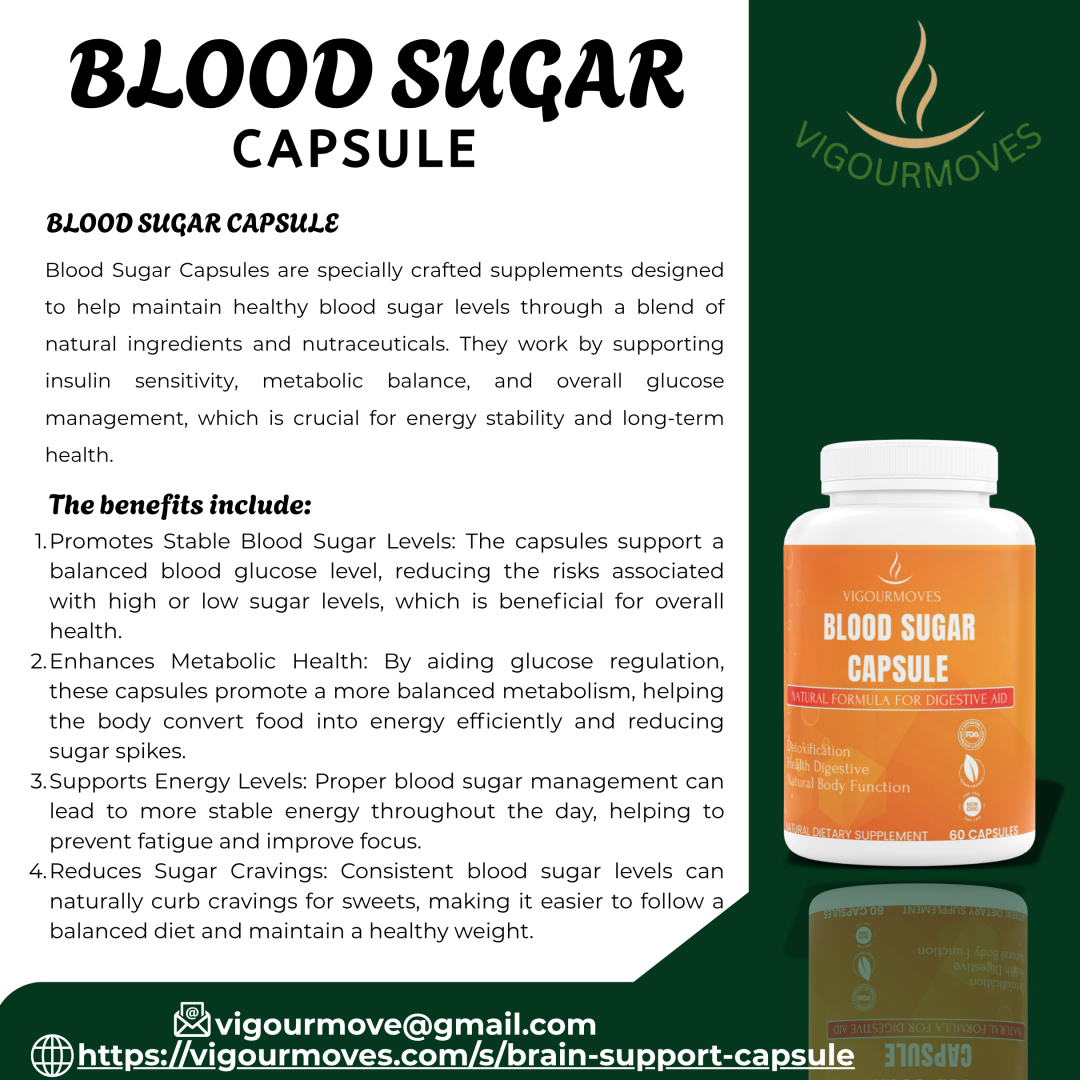
Common Causes of High Blood Sugar Levels
High blood sugar, also known as hyperglycemia, occurs when your body either doesn’t produce enough insulin or cannot use it effectively to regulate glucose in the blood. While occasional spikes can happen after a heavy meal, consistently high blood sugar is a sign of an underlying imbalance and may increase the risk of diabetes-related complications. Understanding the common causes can help you make lifestyle adjustments to keep your levels in check.
Poor Diet Choices
Eating foods high in refined carbohydrates, sugar, and processed ingredients can cause rapid spikes in blood glucose. Beverages like soda, sweets, and white bread digest quickly and flood your bloodstream with sugar.
Lack of Physical Activity
Exercise helps your muscles absorb glucose for energy. Without regular movement, sugar lingers in the bloodstream, leading to higher levels over time.
Stress
When stressed, the body releases cortisol and adrenaline, hormones that raise blood sugar by triggering the liver to release stored glucose. Chronic stress can keep levels elevated.
Illness or Infection
When your body fights off infections or illness, it produces stress hormones that increase blood glucose. That’s why even people with normally stable levels may experience spikes when sick.
Inadequate Insulin or Medication
For those with diabetes, missing doses or taking insufficient amounts of insulin or prescribed medications can lead to elevated sugar levels.
Hormonal Changes
Conditions like polycystic ovary syndrome (PCOS), thyroid disorders, or menopause can interfere with how the body uses insulin, contributing to high blood sugar.
Dehydration
When you don’t drink enough water, glucose in the blood becomes more concentrated, making levels appear higher.
Lack of Sleep
Poor sleep interferes with insulin sensitivity and increases stress hormones, both of which raise blood sugar.
Key Takeaway: High blood sugar isn’t caused by one single factor but rather a combination of diet, lifestyle, stress, and health conditions. By identifying these triggers, you can take proactive steps, like eating balanced meals, staying active, managing stress, and following your doctor’s advice, to support healthy glucose levels.
Comments
Post a Comment